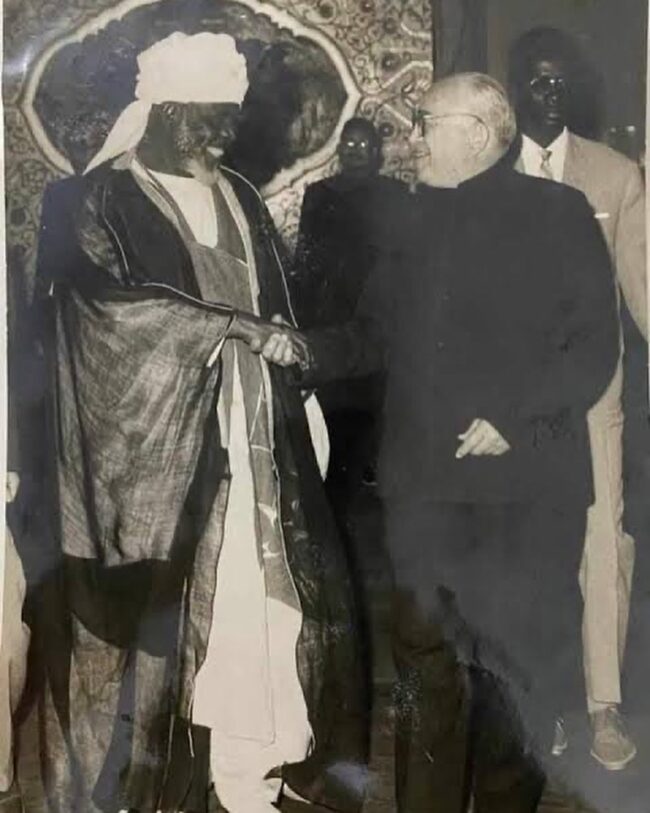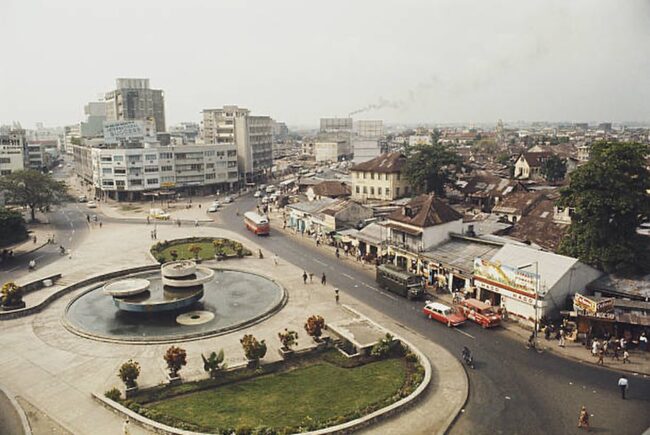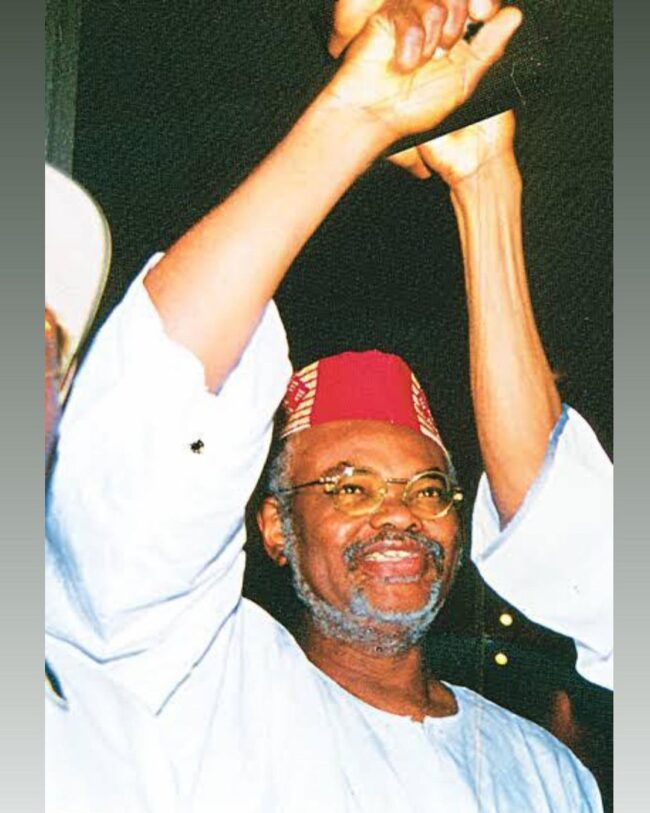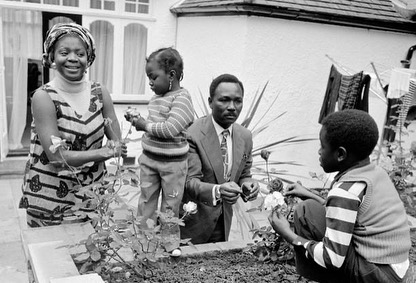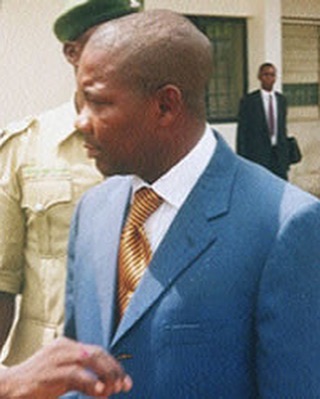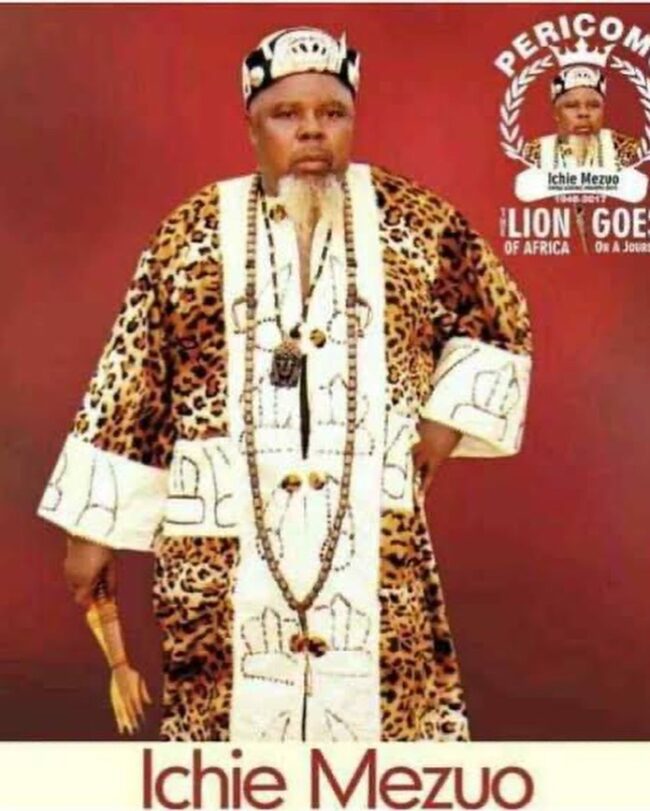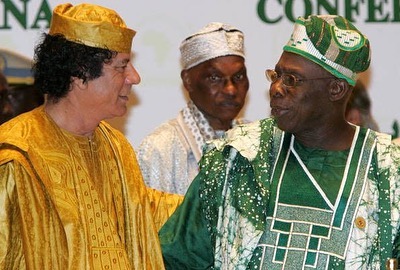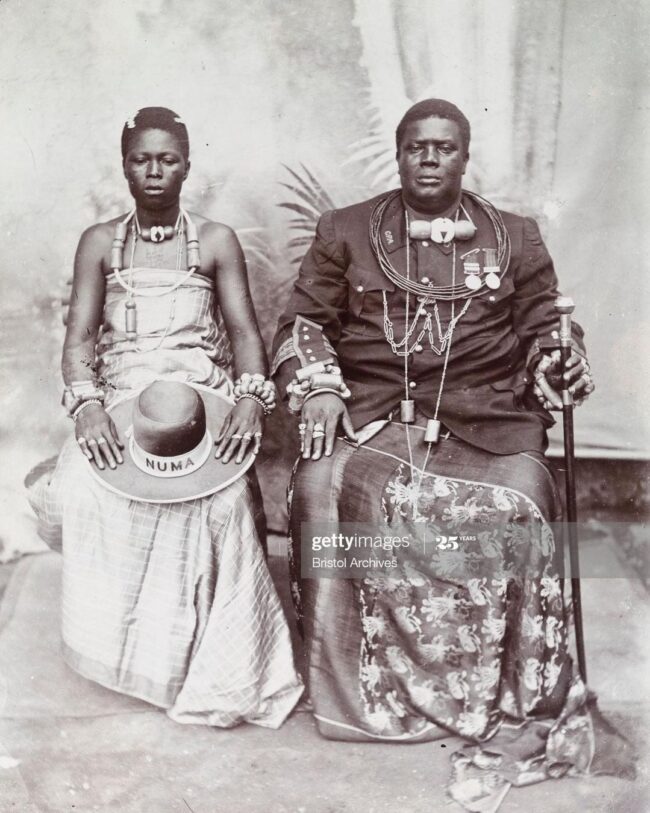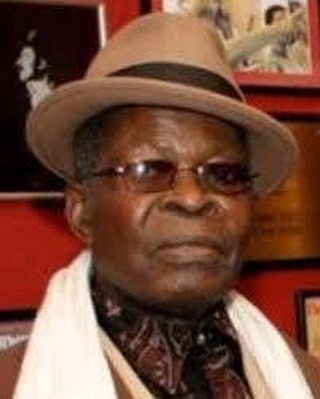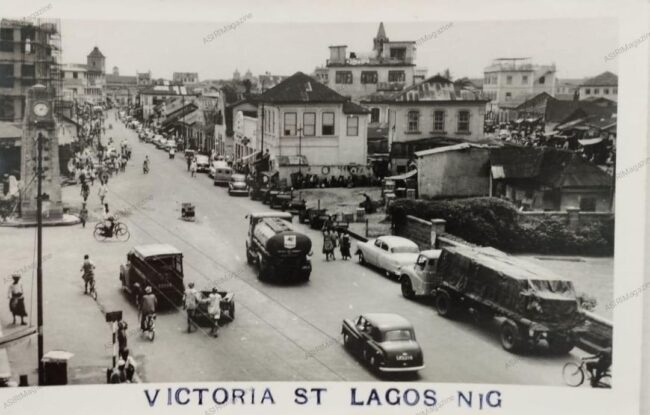Evolution of Islam in Nigeria
Nigeria was first exposed to Islam in the eleventh century via two different geographic routes: the Senegalese Basin and North Africa. Islam’s beginnings in the nation are connected to its growth throughout the greater West African region. Islam was mostly introduced into Nigeria through trade. Islamic historians and geographers from the Middle Ages, such Al-Bakri, Yaqut al-Hamawi, and Al-Maqrizi, wrote the first accounts of Islam in Central Sudan. Later writings by Ibn Battuta and Ibn Khaldun provided additional information about Islam in West Africa. Due to trade between the Kanem kingdom and the Northern African provinces of Fezzan, Egypt, and Cyrenaica in the eleventh century, Islam spread throughout North-East Nigeria, and especially inside the Kanem empire. Northern Muslim traders would occasionally settle in towns along trade routes, where they would subsequently spread Islam to the local populace. When Mai Ume Jilmi of Kanem was converted in the eleventh century by a Muslim teacher whose successors thereafter held the hereditary title of Chief Imam of Kanem, it was the first known conversion of a traditional king. Written works by Imam Ahmad Fartua, who lived during the Idris Alooma period, gave readers a peek of Bornu’s bustling Islamic community. While religious records revealed that, under Mai (king) Idris Alooma’s reign (1571–1603), the majority of the prominent persons in the Borno Empire had converted to Islam, even if a sizable portion of the nation continued to practice traditional religions. By creating mosques, Islamic courts, and a dormitory for Kanuris in Makkah, the Islamic pilgrimage site, Alooma promoted Islam throughout the nation. Islam is said to have entered Hausaland, especially Kano, in the fourteenth century by Muslim traders from the Mali Empire and West African traders who were converted by Tukulor Muslims from the Senegalese basin. In Hausaland, Muhammad Rumfa (1463–1499) was the first king to convert to Islam. Sheik Jamiu Bulala By the 16th century, it had reached the nation’s principal cities in the north before making its way into the countryside and the MiddleBelt uplands. There are, nevertheless, some assertions of an earlier arrival. Sheikh Dr. Abu-Abdullah Abdul-Fattah Adelabu, a Muslim scholar who was born in Nigeria, has maintained that Islam has spread throughout Sub-Saharan Africa, including Nigeria, during the rule of the Arab conqueror Uqba ibn al Nafia (622–683), whose Islamic conquests under the Umayyad dynasty, during …

